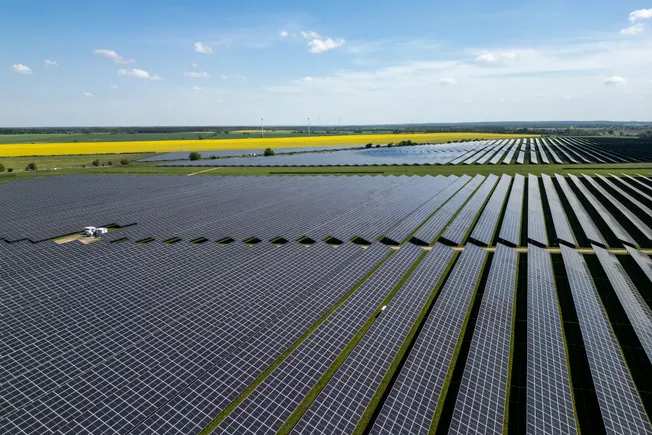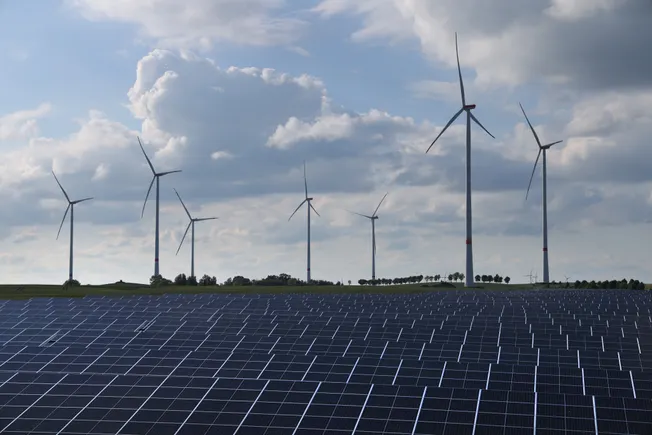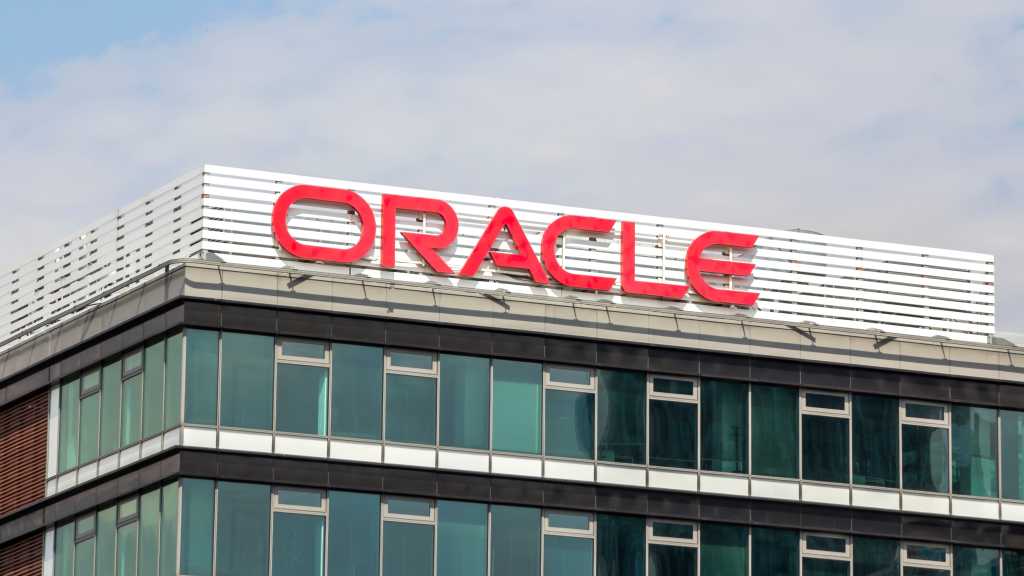
The UK is going to need oil and gas for decades to come. This has been recognised by the government and is plainly obvious for all to see.
84% of homes heat with gas, around one third of UK power generation is from gas-fired power stations, oil products are by far the leading source of transport fuel, and oil and gas are used to manufacture products ranging from fertilisers to telephones.
Nobel Upstream, in concert with our trade association BRINDEX, have been making the case that the continuation of UK oil and gas production and exploration is in the national interest, delivering jobs, tax revenue and lower carbon footprint oil and gas supply.
UK oil and gas production is regulated by the North Sea Transition Authority (NSTA), formerly known as the Oil and Gas Authority (OGA).
The name changed in 2022 to mark “its evolving role in the energy transition,” but while its legal and central obligation to “maximise economic recovery” of oil and gas in the UK remained, the practice of this statutory duty did not.
The NSTA no longer has a defined and disciplined cessation of production process to ensure economic recovery of oil and gas is maximised for the benefit of the country.
This issue has significant implications for all existing production in the UK continental shelf.
Gryphon FPSO
Nobel Upstream launched a judicial review of the NSTA in August last year over its decision to allow the premature decommissioning of the Gryphon floating production storage and offloading (FPSO) vessel in the North Sea.
For context, this vessel represented around 2% of UK oil and gas production in 2024.
Nobel Upstream is a joint venture partner in the Maclure and Ballindalloch fields which flow into the vessel.
The Gryphon area, including Maclure and Ballindalloch, was cash flow positive in 2024, producing some 12,000 boe per day, and there is conservatively $300 million of remaining value from oil and associated gas production from the area.
Production was shut in on New Year’s Eve 2024, and this loss of production is costing the treasury some £230,000 per day. In total, the shutdown of the Gryphon FPSO means a total tax loss of £150m out to 2027, which in context is the equivalent of the winter fuel allowance payment for half a million UK households.
It is not too late for the NSTA to reverse this position by correcting their work so production can be restarted.
Judicial review
To date, the performance of the NSTA leaves a lot to be desired. Not only did they fail to perform their basic statutory function to ensure that economic production was maximised, they have not taken our more accurate and up-to-date submissions into account, which is why we have been forced to ask the courts to examine and assess the decision-making process of the oil and gas regulator.
The trade union Unite has also made the case to government that production on the Gryphon FPSO should be restarted.
Unite wrote a letter to the energy minister Michael Shanks in April noting that ‘up to 200 oil and gas jobs are immediately at risk due to destructive decision making’.
We have made an offer to buy the asset from the operator and to continue production until the end of 2027 at least.
Doing so is not unusual. For decades there has been a transition in the North Sea from oil and gas majors to more nimble independent oil and gas companies.
Nobel Upstream would not have gone to such expense fighting for the continuation of production from the Gryphon area if we were not convinced of the remaining future value. This is the right asset, it just needs to be in the right hands.
Shutting down
Government policy is for existing assets to be managed for the remainder of their economic lifespan.
The NSTA is at present allowing economically viable production to be shut down early, which if left unaddressed, would see an even greater acceleration in the decline of UK oil and gas production.
Our case is the thin end of the wedge in the North Sea oil and gas sector, and if a detrimental precedent is set in this case, it will reverberate across the industry.
Faster decline of production from the UK North Sea means greater LNG imports, which are more expensive and more carbon intensive, and fundamentally means a loss of skilled workers from communities across the UK.
We own and operate oil and gas wells on three continents, and without a doubt the UK is currently the most hostile jurisdiction, especially in terms of fiscal policy and regulatory framework.
This doesn’t have to be the case. It is within government’s power to reverse fiscally irresponsible decisions that limit energy choices and instead to put in place a stable and attractive fiscal and regulatory regime that encourages investment in all forms of energy needed to power the UK’s future growth.
Our judicial review will be heard over the summer and our goal is very simple. We want to continue production from our existing, cash flow positive North Sea assets and ask the UK oil and gas regulator to deliver its primary function as defined in existing legislation, which is to maximise the economic recovery of oil and gas.
It is an unfortunate and unnecessary waste of resources that we have had to apply to the courts to achieve these goals.
Larry Bates is chief executive of Nobel Upstream





















